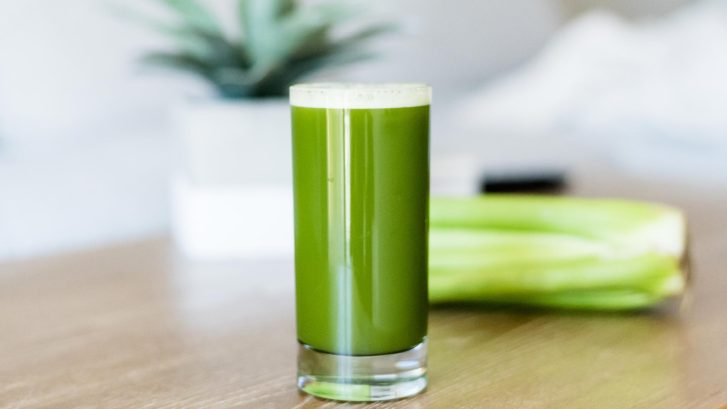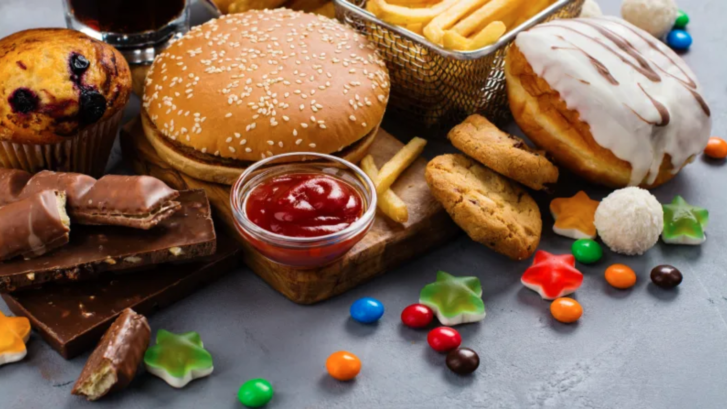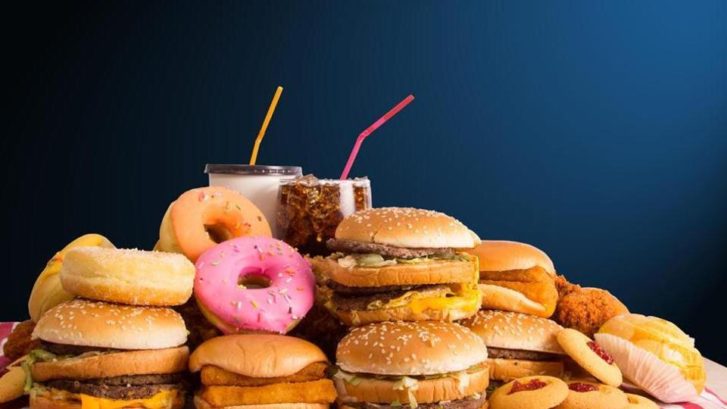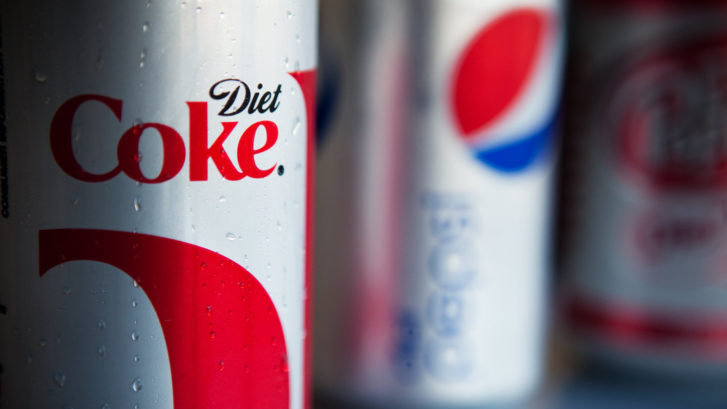Our concierge family practice doctors at MD 2.0 in Jupiter have been receiving questions lately from some of our patients regarding the latest fad in “miracle cures,” celery juice. Touted on the Internet, in women’s magazines, and in a recent book as the answer to everything from diabetes to heart disease to heartburn, the benefits attributed to daily consumption of celery juice seem too good to be true.
So we thought we’d take a look at some of the claims for the efficacy of celery juice and see whether there’s any science behind it.
The claims
Celery juice, the so-called “miracle elixir,” is said to contain “previously unknown sodium cluster salts that actually neutralize pathogens secretly causing hundreds of symptoms and conditions.” The juice is also said to reduce inflammation throughout the body, which is known to trigger numerous health issues.
As a result, proponents claim, a daily glass of celery juice can lower blood pressure, reduce LDL (known as the “bad” cholesterol), ease arthritis, asthma, joint pain, and a host of other chronic illnesses, as well as promoting rapid and effortless weight loss and even curing some cancers.
The reality
Celery is a healthy vegetable, containing such vitamins and minerals as vitamins C and K, folate, calcium, potassium, and magnesium. And, like other vegetables, it is high in antioxidant polyphenols, known to reduce inflammation, boost the immune system, and neutralize free radicals which are responsible for cellular damage. But what about the “miracle elixir” claims?
First of all, nutritionists say there is no such thing as “sodium cluster salts.” Celery does, however, contain salt, and juicing the vegetable concentrates the amount of salt you get. The recommended intake of celery juice is 16 ounces in the morning, 30 minutes before breakfast. One bunch of celery, the amount needed to make 16 ounces of celery juice, contains approximately 800 mg. of sodium, The Washington Post reported recently.
“That’s more than you’ll get in two orders of french fries,” Charleston, S.C.-based registered dietitian Debbie Petitpain told The Post. Petitpain is a spokeswoman for the Academy of Nutrition and Dietetics.
Second, while inflammation can be a trigger for many serious and even deadly illnesses (see our recent blog, “Inflammation: The Silent Killer”) there’s no evidence that celery juice can reduce inflammation any better than numerous other fruits and vegetables, including beets, cabbage, parsley, or lettuce.
Finally, juicing any fruit or vegetable extracts some of the healthy fiber they contain. Fiber is not only filling, it helps maintain regularity, prevents the development of diverticulitis and hemorrhoids, and lowers cholesterol and blood glucose levels.
The conclusion
“There is no one ‘superfood’ that can meet all of our daily requirements,” Petitpain told The Post. “And in fact, research continually shows that the best nutrition comes from consuming a variety of food groups and various foods within each group.”
The popular book on celery juice also recommends, in addition to the morning drink, a diet high in fruits and vegetables, free of dairy, sugar, and processed foods. This alone would lead steady weight loss and better health overall, even without the juice.
There is no question that celery is high in many nutrients and antioxidants that can help alleviate many diseases. Unless you’re allergic to celery, as some people are, there’s no reason not to try it if you’re not on a low-salt diet.
But we believe that the most sensible eating plan is one that includes a wide range of fresh fruits, vegetables, low-fat meats and seafood, whole grains, legumes, and nuts. If you’d like more information on this or any related topic, be sure to contact us.










